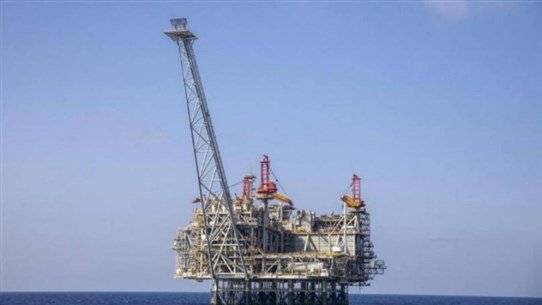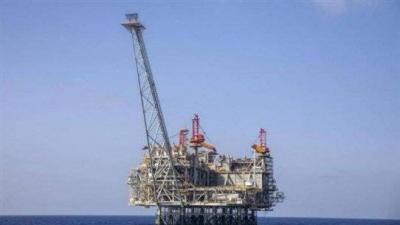The internal and external markets quickly disproved the "soothsayers" proclaiming the end of economic troubles, merely with the signing of the maritime border demarcation agreement; "if only they were true." Besides the fact that natural resources exacerbate the tragedies in failed states dominated by the oligarchic class, the deep-rooted issues and corruption in Lebanon nullified any positive impact of the demarcation. Against the euphoria of the "oil and gas fever" that dominated domestic sentiments over the past two days, Lebanese bonds in foreign currencies, known as "Eurobonds," plummeted to their lowest levels ever, trading at 6 cents on the dollar. Meanwhile, the exchange rate of the dollar against the Lebanese pound in local markets approached 40,000.
It is clear that economic and monetary indicators have become overwhelmingly burdensome compared to positive news for the exchange rate. The M1 money supply in Lebanese pounds surged by 1,700 billion pounds in the first half of September, reaching 45 trillion. This indicates increased demand for dollars, thus raising its price. Additionally, the volume of mandatory deposits fell below 8 billion dollars, depriving the Central Bank of Lebanon of the ability to withdraw large sums to control the pound’s collapse. Furthermore, demand from the Central Bank for dollars from the parallel market to meet state and banking needs leads to more printing of pounds, increasing demand for dollars and deepening the pound’s collapse. This is aside from the negative consequences of bank closures, declining tourism activity, and rising financial requirements imposed by the state in the recently approved 2022 budget.
Internationally, expectations for holders of foreign debt "Eurobonds" remained pessimistic despite the demarcation, as the downward trend in the prices of these bonds continued for months. According to emerging markets investor Saeb Zain, "they have recently reached an all-time low, trading at 6 cents on the dollar," which clearly reflects the loss of confidence among Lebanese and foreign investors in Lebanese policymakers.
Despite two years and eight months having passed since Lebanon announced its default on Eurobonds worth approximately $31.3 billion, negotiations for restructuring remain stalled. Aside from the failed singular meeting with creditors on May 5 of this year, there is nothing so far indicating Lebanon's commitment to a repayment schedule and organizing payments, especially as the share of foreigners in this debt amounts to about $17 billion, representing 55 percent of the total. Meanwhile, Lebanese banks hold around $9.5 billion, and the Central Bank holds $5 billion.
The inflexibility of both domestic and foreign markets regarding the possibility of Lebanon becoming an oil-producing state "is primarily because production requires many years," says Zain. Secondly, past experiences have taught us that the reality of political disputes and the predominance of narrow personal interests among decision-makers leads to the failure of anything beneficial to Lebanon. This is expected to also extend to the long-term benefits of oil revenues. The main concern today is focused on electing a president and forming a government capable of quickly addressing escalating problems, implementing reforms, and entering into a rapid agreement with the International Monetary Fund to halt the collapse. These prerequisites are not just essential for overcoming the current crisis but also foster confidence in the future management of the state regarding oil and gas issues, should they arise.




